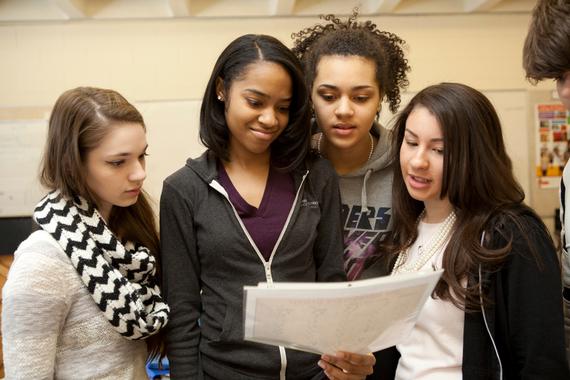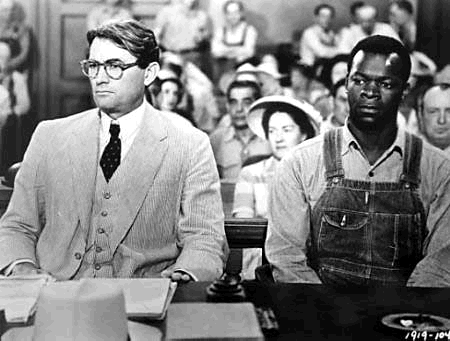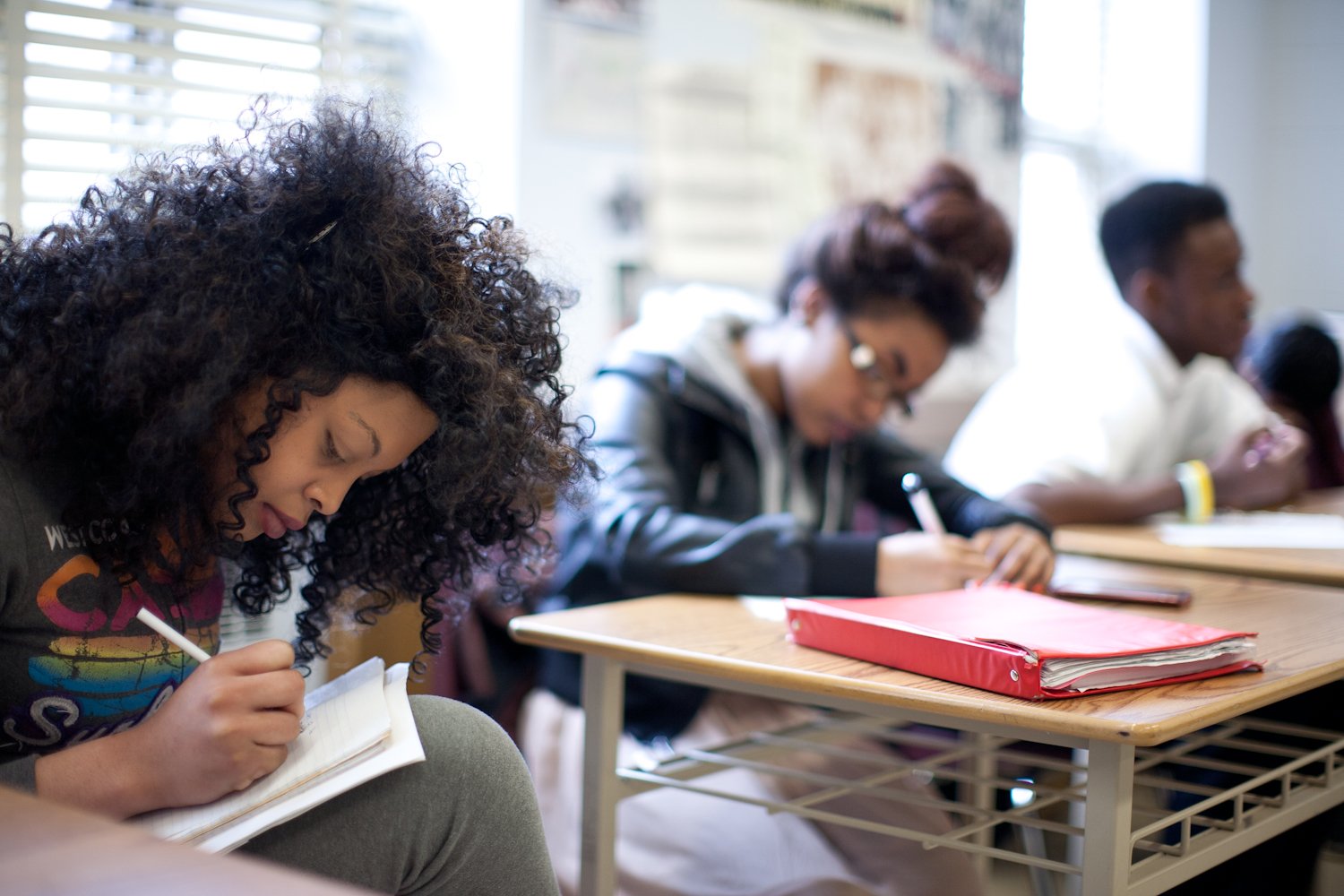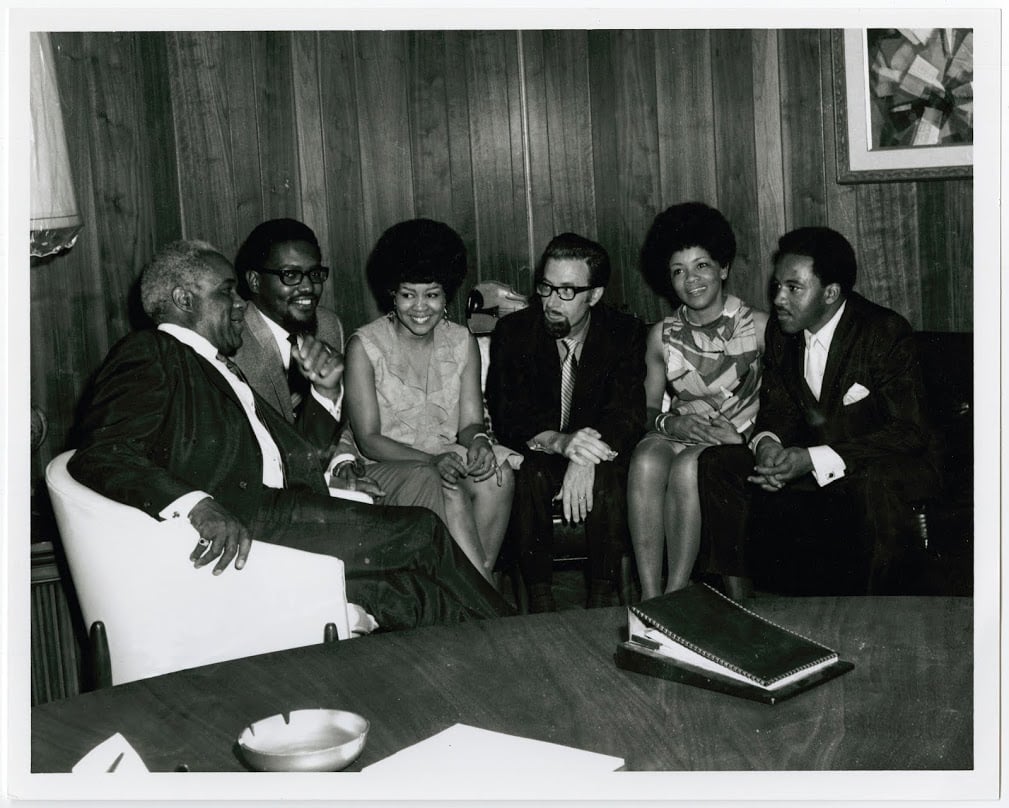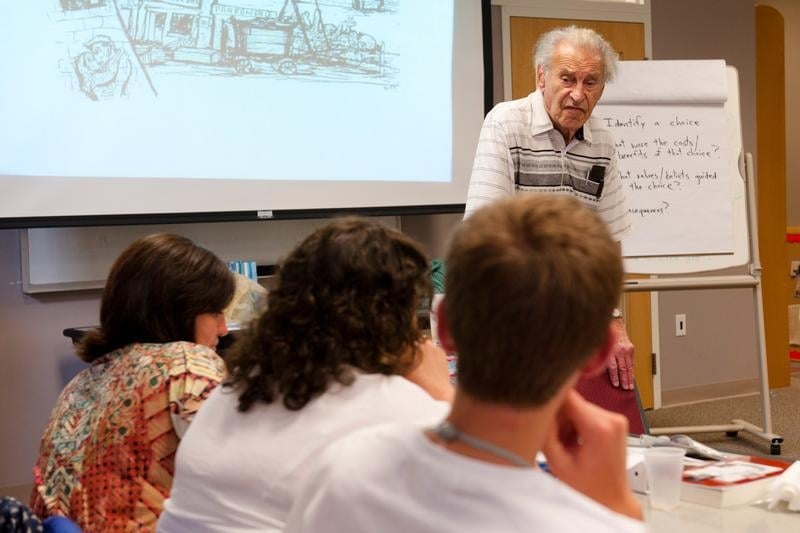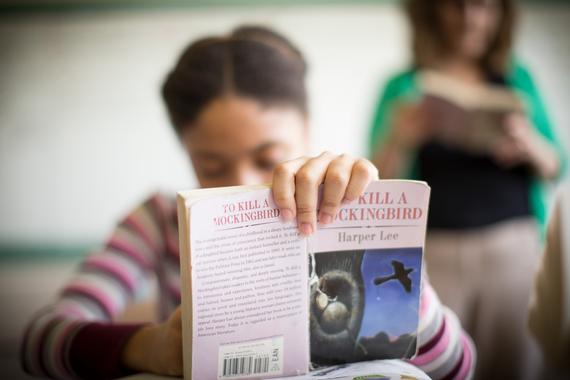Adults often ask students to be upstanders, to speak out against bullying and other social problems, and to go against the tide. But we should also help students change the tide.This means changing social norms so that young people feel respected not when they degrade other students, but when they include others.
Topics: Bullying and Ostracism, Choosing to Participate, Students, Safe Schools, Teaching, Schools, Teaching Resources, Raising Ethical Children
I am not Armenian.
I did not grow up learning about the Armenian Genocide.
I attended schools in two of the best public school districts in Southern California and achieved not just an undergraduate degree, but two master's degrees. I had been teaching for several years before I ever learned about the Armenian Genocide.
Topics: Armenian Genocide, Facing History Resources, Genocide/Collective Violence, Teaching Resources, Video, History
This month marks 100 years since the start of the Armenian Genocide. This event raises important questions. How do historical events influence our identity and our perception of the "other"? Why do genocides frequently take place under the cover of war? What choices do individuals, groups, and nations have when responding to genocide and other instances of mass violence?
Topics: Antisemitism, Armenian Genocide, EdTech, Media Skills, Assessment, Online Learning, Flipped Classroom, Facing Technology
There are phrases you hear so often that they begin to lose their meaning. The words become part of a series, like "bite the dust" or "have a blast." The title of Harper Lee's 1960 classic To Kill a Mockingbird is like that for me, despite its profound impact on the way I think about the world.
Topics: To Kill a Mockingbird, Classrooms, Books, English Language Arts, Facing History Resources, Teaching Resources
Topics: Classrooms, Civil Rights Movement, Teaching Strategies, Poetry, Teaching Resources, Survivor Testimony, Video, History
Welcome to the fourth and final installment of our four-part blog series exploring the connections between music, history, and social change. In this fourth lesson, students will begin to contemplate the role of music as a social change agent.
Topics: Art, Teaching Resources, Video, Civil Rights, Sounds of Change, Flipped Classroom, Facing Technology
Next week marks Yom HaShoah, or Holocaust Remembrance Day. While Yom HaShoah affords us the opportunity to honor the memory of those we lost during the Holocaust, it's also a time to commemorate and celebrate the vibrancy and diversity of the lives and communities decimated during this dark moment in history.
Topics: Classrooms, Art, Books, Online Tools, Benjamin B. Ferencz, Memory, Choosing to Participate, Facing History Resources, Teaching, Holocaust, Upstanders, Teaching Resources, Survivor Testimony, Video, History
In September 1939, just before the invasion of Poland and the beginning of the Nazi Holocaust, Adolf Hitler asked his generals, “Who today still speaks of the massacre of the Armenians?”
Topics: Armenian Genocide, Facing History Resources, Genocide/Collective Violence, Teaching Resources, History
Soul Music and the Civil Rights Era: Respecting Self and the Other
Posted by Andrew Reese on April 5, 2015
Topics: Art, Teaching Resources, Video, Civil Rights, Sounds of Change, Common Core State Standards, Flipped Classroom, Facing Technology
How Can History of Lynching Help Us Understand Issues of Race and Justice in “To Kill a Mockingbird”?
Posted by Julia Rappaport on April 2, 2015
In a blog post up now on the New York Times Learning Network, Facing History and Ourselves Senior Program Associate Laura Tavares pairs an article about the recent report documenting the history of racial lynching in America with an excerpt of To Kill a Mockingbird
Topics: To Kill a Mockingbird, Professional Development, Facing History Resources, Teaching, Race and Membership, Teaching Resources, History

